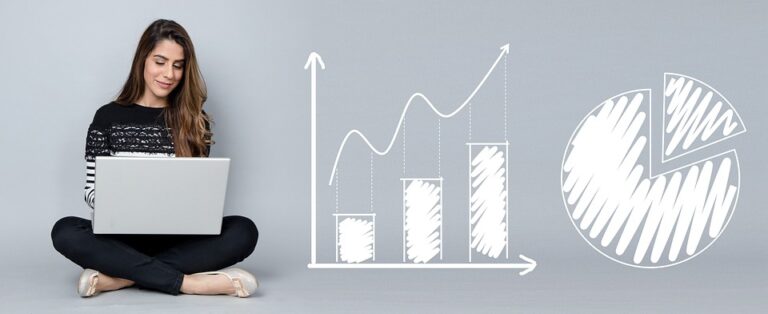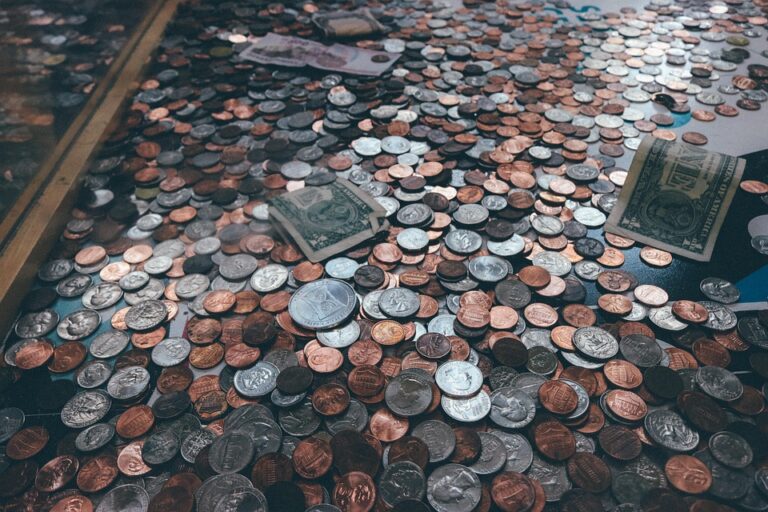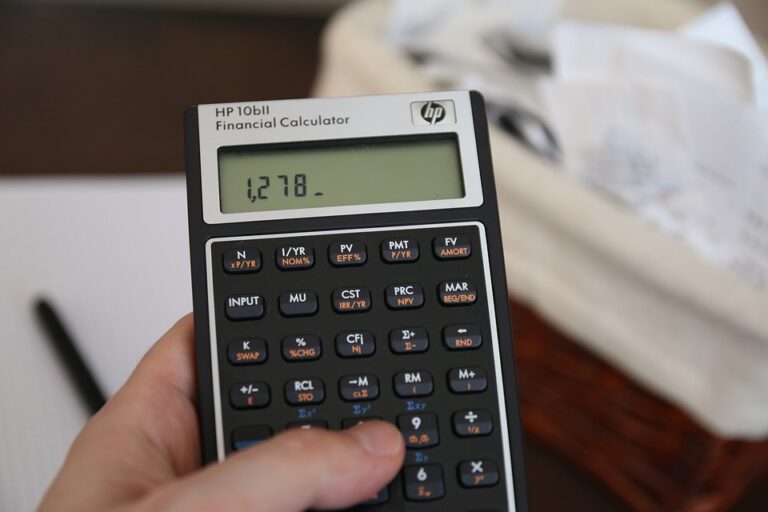Last updated Apr. 3, 2025 by Charles Zemub
Buying a house is a milestone many aspire to achieve, but for those with bad credit, it can seem like a distant dream. Credit scores are a significant factor in determining eligibility for a mortgage, and a low score can limit your borrowing options and increase the cost of loans. However, buying a house with bad credit is not impossible. With determination and the right strategy, you can navigate the real estate market and become a homeowner. This article delves into the steps you need to take, alternative financing options, and strategies to improve your creditworthiness, ultimately guiding you on the journey to owning a home despite credit challenges.
Understanding Credit Scores
Before diving into the process, it’s crucial to understand what constitutes a credit score and how it affects your buying power. Credit scores range from 300 to 850, and they are calculated based on several factors including:
- Payment History: Timely payments significantly boost your score.
- Credit Utilization: The amount of credit you are using versus the amount you have available.
- Length of Credit History: Longer credit histories are generally positive.
- Types of Credit: A diverse mixture of credit (credit cards, installment loans) can be favorable.
- New Credit Inquiries: Frequent inquiries can negatively impact your score.
Scores below 620 are often considered problematic for traditional lenders, making mortgage approval challenging. Yet, numerous avenues exist to help you buy a house even with a lower score.
Steps to Buying a House with Bad Credit
1. Assess Your Financial Situation
Begin by evaluating your entire financial standing. Obtain your credit reports from the three major bureaus: Experian, TransUnion, and Equifax. Review these reports for any discrepancies and work on correcting them. Sometimes, errors on these reports can significantly impact your score.
2. Save for a Larger Down Payment
A significant down payment reduces the total amount you need to borrow and lowers the lender’s risk. Aim for at least a 10 to 20 percent down payment. A larger down payment can also sometimes compensate for poor credit, making lenders more willing to overlook your score.
3. Explore Loan Options
Not all loans require stellar credit. Some options are more lenient in their credit requirements:
- FHA Loans: Insured by the Federal Housing Administration, these loans have lower credit score requirements and allow for smaller down payments, often as low as 3.5%.
- VA Loans: If you’re a veteran, active service member, or eligible surviving spouse, VA loans, backed by the Department of Veterans Affairs, might be an option. These loans often don’t require a down payment or mortgage insurance and have more relaxed credit score criteria.
- USDA Loans: These loans are designed for rural property buyers with low or moderate income, provided by the U.S. Department of Agriculture.
- Subprime Mortgage Lenders: These lenders specialize in loans for those with less-than-perfect credit scores. However, pay attention to potential downsides, such as higher interest rates.
4. Consider a Co-Signer
A co-signer with good credit can help secure a mortgage at a better rate and terms. However, this approach requires a trusted relationship, as the co-signer becomes legally responsible for the loan.
5. Strengthen Your Application
Highlight other strengths like stable employment, high income, and little to no debt. Show a capacity for saving, excellent rent payment history, and overall financial responsibility beyond just your credit score.
6. Pre-approval Process
Get pre-approved for a mortgage to know the amount you can afford. Pre-approval also demonstrates to sellers that you’re a serious buyer, potentially giving you an edge in competitive markets.
7. Seek Professional Advice
Work with a financial advisor or housing counselor who can help you navigate your options and create a plan tailored to your circumstances.
Improving Your Credit Score
While your immediate goal may be to purchase a home, improving your credit score should still be a priority. Even marginal improvements can save you thousands over the life of a loan. Consider these strategies:
- Make Timely Payments: Ensure all bills and obligations are paid on time, every time.
- Reduce Debt: Aim to pay down outstanding debt, particularly high-interest credit card debt.
- Avoid New Credit Applications: Each application can decrease your score, so avoid applying for additional credit lines unless necessary.
- Increase Credit Limits: Call your creditors and ask for higher limits, which can help decrease your credit utilization ratio.
✓ Short Answer
Buying a house with bad credit is challenging but possible with the right steps. Obtain your credit report and fix errors, save for a larger down payment, and explore loan options such as FHA, VA, and USDA loans that are more forgiving of lower scores. Consider a co-signer to strengthen your application, and continually work on improving your credit by making timely payments and reducing existing debts. By strategically strengthening your financial profile, you enhance your prospects of securing a mortgage and moving towards homeownership.
FAQs
Can I get a mortgage with a credit score below 600?
Yes, it is possible to get a mortgage with a credit score below 600, especially with FHA, USDA, or VA loans which have more lenient credit requirements. However, expect to face higher interest rates and stricter terms.
How much does my credit score affect my mortgage rate?
Even a few points can significantly impact your mortgage rate. A lower credit score typically results in a higher interest rate, which increases your monthly payments and total loan cost over time.
Is it better to rent while improving my credit score?
Renting while you rebuild your credit score can be a smart choice, especially if it allows you to save for a larger down payment, reducing your long-term costs and improving loan terms when you’re ready to buy a house.
What is a good credit score for buying a house?
A credit score of 700 or above is generally considered good and will secure more favorable loan terms. Scores over 740 further enhance your ability to get the best mortgage rates available.
Can I buy a house with no down payment?
With VA and USDA loans, eligible buyers can purchase homes with no down payment. However, other loans will typically require some form of down payment.
How long does it take to improve a credit score?
Improving a credit score is a gradual process and can take several months to a year, depending on your financial habits and history. Consistently making timely payments and reducing debt are key factors in accelerating this process.
By understanding the market and taking these steps, buying a house with bad credit becomes far more attainable. Success comes with preparation and patience, making homeownership a rewarding goal worth pursuing.





